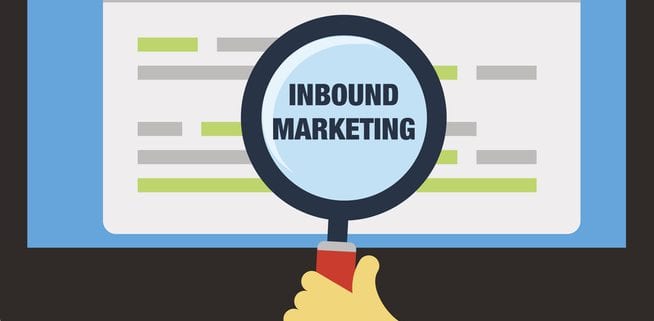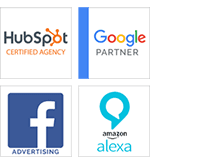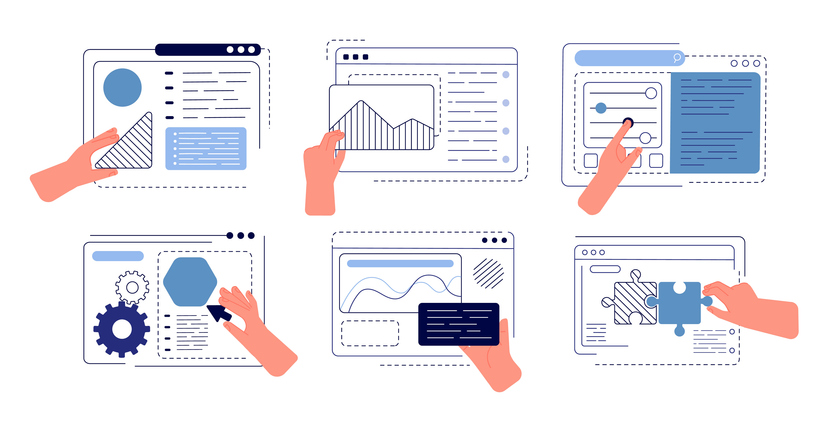
Website Redesign: Key Strategies For Revitalizing Your Digital Front Door in 2024
Website redesign can be a pivotal step in refreshing your brand’s online presence. As you plan your redesign in 2024, keep these best practices and trends in mind to ensure your website is both modern and effective.
1. Learn from Your Current Website
Before starting a website redesign, it’s crucial not to disregard the wealth of insights your current site holds. Analyzing existing user data and feedback serves as a foundational step that uncovers the strengths and weaknesses of your website. This will effectively inform your redesign strategy. Delving into analytics to examine user interactions and behaviors is key. Metrics such as page views, bounce rates, and conversion paths shed light on what aspects of your site engage users and which areas need enhancement. Additionally, reflecting on past design decisions that may have fallen short is essential. Recognizing and learning from these mistakes ensures they are not repeated. This sets the stage for a more informed and successful redesign. This approach not only preserves valuable elements but also transforms insights into actionable strategies for improvement.
2. Understand Your Audience’s Website Needs
- Investigate the reasons people visit your site: Understanding why users come to your site is crucial. Are they looking for information, a specific product, or service? Tailoring your redesign to meet these needs can enhance user satisfaction and engagement.
- Ensure your redesign meets visitor needs and removes obstacles: Your redesign should focus on streamlining the user experience. Identify any existing barriers to conversion and address them. A user-friendly design encourages longer visits and more interactions.
- Use the LIFT model: This model helps refine your website’s value proposition by focusing on clarity, reducing user anxiety, minimizing distractions, and adding urgency where appropriate. Applying these principles can significantly enhance the effectiveness of your redesign.
 3. Focus on Customer-Centric Website Design
3. Focus on Customer-Centric Website Design
When designing, it’s important to prioritize the needs and preferences of your target audience over the temptation to solely highlight product features or technological capabilities. An overly product-centric approach can lead to designs that don’t fully resonate with users. To avoid overlooking crucial elements that matter to your audience, actively engage with them through surveys, interviews, and other feedback mechanisms. This direct interaction uncovers what users genuinely value and expect from your site. Incorporating insights gained from these engagements into your redesign ensures that the outcome is not only aesthetically pleasing but also functionally in tune with what your audience seeks. This user-centered approach to design makes for a more effective and satisfying user experience.
4. Integrate Copy and Design from the Start
- Avoid a design-first approach: Integrating copywriting and design from the outset ensures coherence between your message and visual elements. This collaboration can lead to a more cohesive and compelling user experience.
- Engage copywriters early: Involve content creators early in the redesign process to ensure the textual content aligns with design elements, enhancing the overall narrative and user journey on your site.
- Ensure the copy is persuasive and complements the design: The right words can elevate a good design to a great one. Ensure your copy is compelling, clear, and effectively guides users toward desired actions or conversions.
5. Be Cautious with Metrics
When considering metrics, it’s essential to select those that meaningfully signify success. Instead of relying on superficial indicators like bounce rates, it’s beneficial to delve into metrics that truly mirror user engagement and satisfaction. Metrics such as conversion rates, average session duration, and user feedback are more indicative of the overall user experience. They can provide a clearer picture of how well a site meets its users’ needs. Prioritizing these metrics, which closely align with business objectives and user satisfaction, can offer valuable insights into the redesign’s effectiveness and its return on investment. This focused approach ensures that the metrics used are not just numbers but valuable tools in assessing and enhancing the website’s impact and performance.
 6. Clean Up SEO and Enhance Accessibility During Your Website Redesign
6. Clean Up SEO and Enhance Accessibility During Your Website Redesign
- Use the redesign as an opportunity to improve SEO and website accessibility: A redesign is the perfect time to audit and enhance your site’s SEO and accessibility. This ensures your site is discoverable and usable by a wider audience, including those with disabilities.
- Consolidate content and use clear, keyword-rich URLs: Streamlining your content and optimizing URLs can boost your SEO efforts. It makes your site more navigable for users and search engines alike.
- Ensure the website is accessible to all users: Compliance with accessibility standards is not only ethical but also expands your audience reach. An accessible site provides a better experience for all users, including those using assistive technologies.
7. Manage Tech Changes Carefully
If you’re thinking about making changes to both the design and underlying technology of your platform, proceed with caution. Undertaking changes in both areas simultaneously can result in user confusion or technical complications, potentially disrupting the user experience. To ensure a seamless transition, it’s important to maintain continuity in user-facing elements so they transition smoothly into the new environment. These user-facing elements include login credentials and personal preferences. To further mitigate risks, you might want to separate the implementation of design updates from changes to the backend or platform technology. This staggered approach allows for the isolation of issues, making them easier to identify and resolve, thereby minimizing the impact on users and enhancing the overall update process.
8. Prioritize User Research
Grounding your redesign in thorough user research rather than merely chasing the latest trends ensures that your website aligns with the real needs and preferences of your target audience. By letting user feedback and research insights steer your redesign efforts, you can tailor your site to meet the specific requirements of your audience. This focus on what truly resonates with your users can lead to a significant boost in engagement and satisfaction, making your site not just aesthetically pleasing but also highly functional and user-centric.
9. Avoid Overhauling Everything at Once
- Focus on the redesign without making drastic changes to other aspects of your digital presence: A focused approach allows you to monitor the impact of your redesign more accurately without the noise of other simultaneous changes.
- Allow time to establish a new baseline: After implementing your redesign, give it time to settle. Monitor key metrics to establish a new performance baseline, which can then inform further optimization and updates.
Elevating Your Online Presence
As you embark on redesigning your website in 2024, remember the importance of building on past insights, prioritizing your audience’s needs, and integrating content and design harmoniously. By focusing on meaningful metrics and making informed changes, you can elevate your online presence and better serve your visitors.





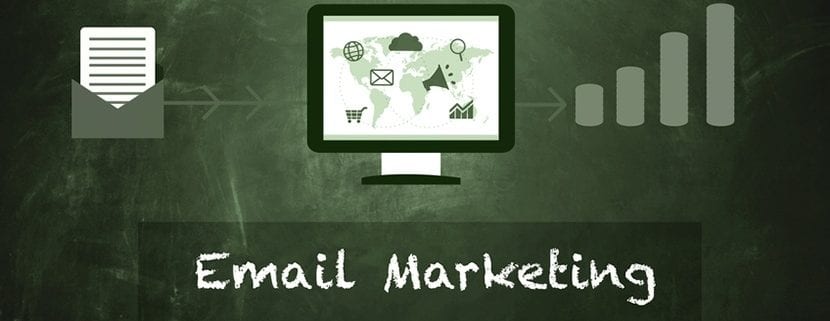







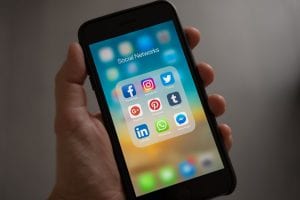



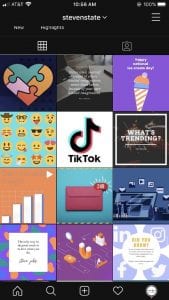 Looking for ways to boost your social media brand presence? Knowing how to increase brand engagement on Instagram, the latest and hippest social media platform app, is a great start. People are online all day due to working from home. Virtual shopping has risen due to restrictions and pandemic fears. As we have geared toward a more online world, your brand’s presence on the web is more important now than ever.
Looking for ways to boost your social media brand presence? Knowing how to increase brand engagement on Instagram, the latest and hippest social media platform app, is a great start. People are online all day due to working from home. Virtual shopping has risen due to restrictions and pandemic fears. As we have geared toward a more online world, your brand’s presence on the web is more important now than ever.

